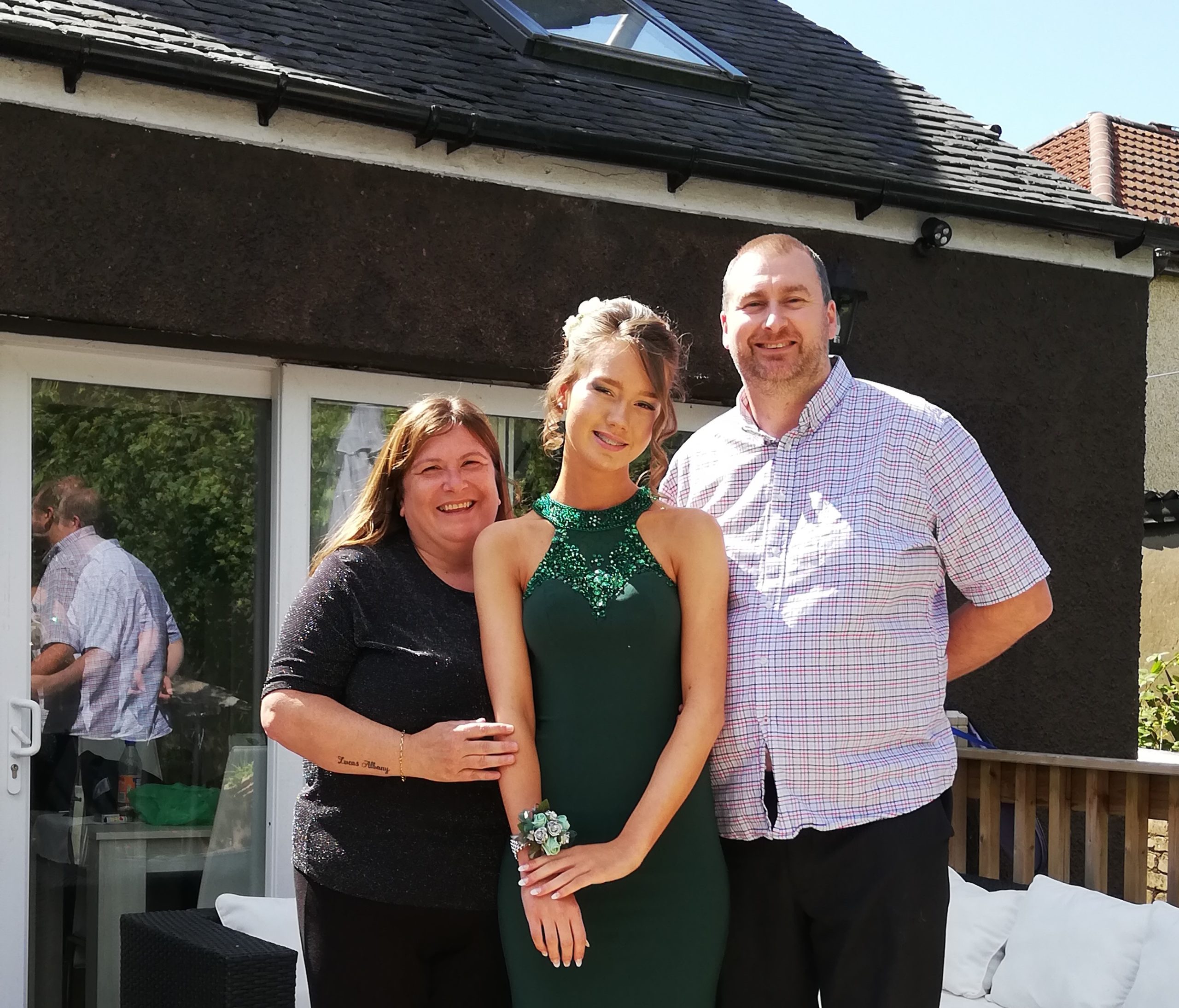Step Down Fostering
What is Step Down Fostering?
Step down fostering can make a real difference to the lives of young people. You will be there to help them make that transition from a residential home setting back into a family unit.
Step down fostering, sometimes called ‘residential to fostering’ or ‘step forward fostering’, is when a young person moves from a residential home to go and live with a foster family.

Sometimes a child or young person requires the type of environment that only residential care for children can provide. However, as they receive care and support within the residential environment, they get to the point where they are ready to live in a family environment once more. It is at this point that a fostering home is sought.
Depending on the individual needs of the young person, they could be placed alongside other cared-for children or young people in the fostering home – or it may be highlighted that they should be placed ‘solo’ (when no other child in care is placed within the fostering household).
What does step down fostering involve?
As step down fostering involves providing care to a young person who has come directly from a residential home, it is important that the transition to a fostering placement is properly planned, and fully involves the young person in the process.
The first stage will be an introduction meeting involving the young person and foster carer. There will also be meetings with social workers and residential workers to ensure that the needs of the young person are properly communicated and understood by the foster carer.
It is important to remember that the young person will be accustomed to a different environment, with different routines and expectations. As well as day-to-day care, the role of the foster carer will need to establish consistent routines and boundaries and may be required to adopt a therapeutic care approach.
Another key responsibility for a foster carer would be to work with education professionals to ensure that the young person receives the educational opportunities they are entitled to. As a Step Down foster carer, you will have access to TACT’s Education Service that will provide you with specialist guidance and one-to-one support for you and the young person in your care.
Who are the children who need step down fostering?
Children and young people who live in residential settings come from diverse backgrounds and circumstances. Unfortunately there are many misconceptions and prejudices around who these young people are, why they were placed in a residential home, and perceptions of their behaviour.
One of these misconceptions is around the age of young people. There is a belief that all children who reside in residential homes are older teenagers. The reality is that young people of all ages can be placed within these homes.
A residential environment can be emotionally disruptive, distressing and alienating for any young person, but for very young children the need to transition to a fostering environment is all the more paramount.
Another misconception is that young people who live in residential homes have behavioural issues, and that this is the prime reason why they were placed within this setting. The truth of the matter is that most young people are in care because of incidents or situations beyond their control. Foster carers, along with the support network around them, are able to provide therapeutic care specific to a young person – helping them to start a recovery from past trauma.
Step down fostering allowances
Step down fostering is considered a ‘specialist’ type of foster care – therefore ‘standard’ fees and allowances would not apply to this type of care. Instead, fostering allowances would be enhanced due to the complexities of the placement and any additional costs that may be incurred.
The actual allowance you would receive as a foster carer would be agreed between TACT and the local authority, based on the specific needs of the young person.
In addition to the fostering fee, there are also payments for children’s birthdays, holidays and religious festivals. Additionally, we also pay long service awards and a Recommend a Friend fee (if you recommend someone who then goes on to be an approved foster carer with us).
Step down fostering training
All foster carers have access to our comprehensive training programme, but as carers who undertake step down fostering, specialist training is provided to prepare you for caring for young people transitioning from residential care.
Some examples of specific training courses you may undertake are:
- Helping children cope with trauma
- Preparing foster children for independence
- Raising teenagers in care
- Caring for a child with a learning disability
Training is delivered remotely and in person, depending on the requirements of the course. You will be allocated a full training programme when you become an approved foster carer – giving you the chance to further enhance your skills.
Step down fostering support
All foster carers at TACT receive our comprehensive support, which includes being allocated your own dedicated Supervising Social Worker (SSW) and full 24/7 support.
If you are caring for young people who are transitioning from a residential setting, you will receive enhanced support from your SSW, which could include weekly meetings and supervisions. Additionally, you will receive support and guidance in the early stages from the residential home staff team, who will help you understand the specific needs of the young person.
At TACT, our team of Engagement & Activity Practitioners work closely with our fostering families to provide young people with carefully matched activities, away days and other excursions. They are also able to provide one-to-one meeting with young people, with a focus on wellbeing and mental health.
There will also be other support resources available such as carer support groups, giving you the opportunity to meet other TACT foster carers and share experiences and knowledge. And, because we reinvest surplus income into providing more support for our fostering households, which enables us to develop additional, innovative support services.
Our aim is to ensure that you have plenty of support and resources available, should you have a question or need some help or advice.
Could you provide step down foster care?
Step down fostering is one of the most rewarding types of foster care because you get to be a part of an important transition for a young person: bringing them back into a family environment.
Depending on the young person’s care plan and wishes, you could also be the one preparing them for independent living. Along the way, you will be there to provide them with day-to-day care, helping them with their self-esteem, mental health and general wellbeing.

“It makes me burst with pride knowing that they feel safe”
My parents had fostered two children that were in need of a family when we were growing up, so I got to see first-hand the importance of fostering and the difference it can make to children’s lives.




